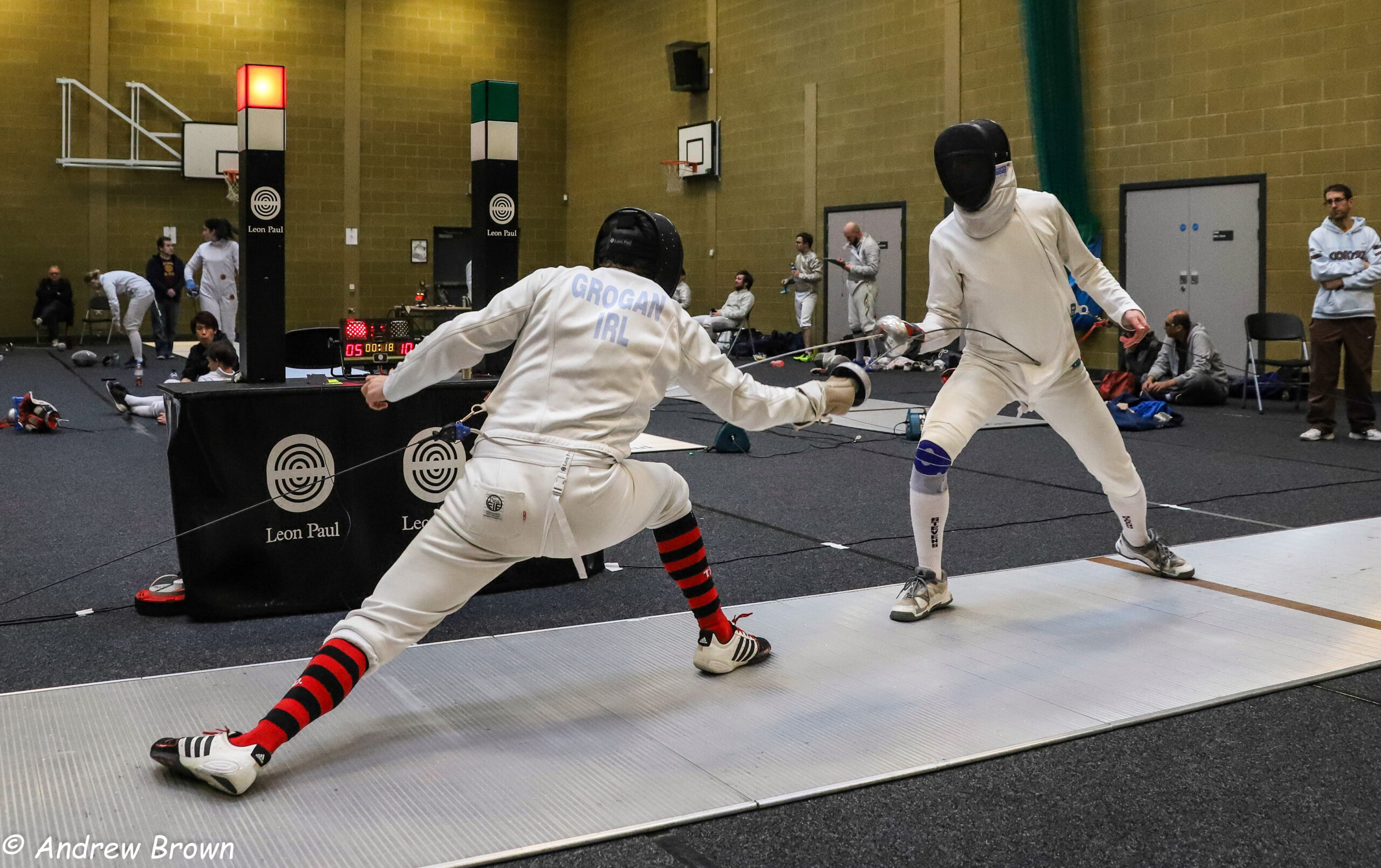Jorge Espinoza-Gonzales ‘26
Contributing Writer
Do you know that silly sport that British aristocrats in films and TV shows participate in? The one with the swords and the medieval-like helmets? Well, what if I told you that the sport is so much more than it appears?
The sport originates from swordsmanship going as far back as Ancient civilizations. For instance, Ancient Egypt developed numerous dis-tinct moves for the dueling sword that are reflected in contemporary fencing moves. Ancient Greece was among one of the first states to open schools for duels, for both civilian and militant purposes.
The actual fencing that we still practice today was not mastered until the 16th century, when Italian masters, like Filipo Vadi, Achille Marozzo, and Ridolfo Capoferro, began to publish books on the craft. The French then developed the ‘Épée’ in the 17th century under the reign and wish of King Louis XIV, and, in 1763, Domenico Angelo laid down the primary rules for modern fencing while running his school in London.
In America, the Amateur Fencers League of America (AFLA) was established in 1891 in New York and hosted the first national championship in 1892. The AFLA set down the American rule for the sport and aided the development of the foil, sabre, and épée as competitive tools.
Trinity College is no stranger to fencing. A few years ago, Kip Lynch, editor for the Trinity Tripod and part of the administration board for the fencing club, wrote a piece detailing the history of the fencing club at Trinity. To give you a synopsis, the club was started in the 1950s but progressively lost popularity after the 1970s.
Lynch, the leader of the fencing club at the time, mentioned that when they took leadership back in 2020, the club had only met once before COVID-19 forced the school to shut down. But one thing that stuck out to me was that Lynch wished for the club to be tight-knit, mostly consisting of amateurs to explore and advance their skills, an ideal that the current captain, Sam Taishoff, still carries.
The current team consists of 20 members, ranging from amateur to proficient fencers. They meet every Sunday at the Ferris Athletic Center and practice from 1-3 pm. The club has definitely seen some increased interest this academic school year, so much so that the team may be getting a coach. In other words, getting a coach means that the team will start practicing for competitions with neighboring schools!
Taishoff encourages those with even a remote interest in fencing to join the team. If interested, please contact him at samuel.taishoff@trincoll.edu.





+ There are no comments
Add yours